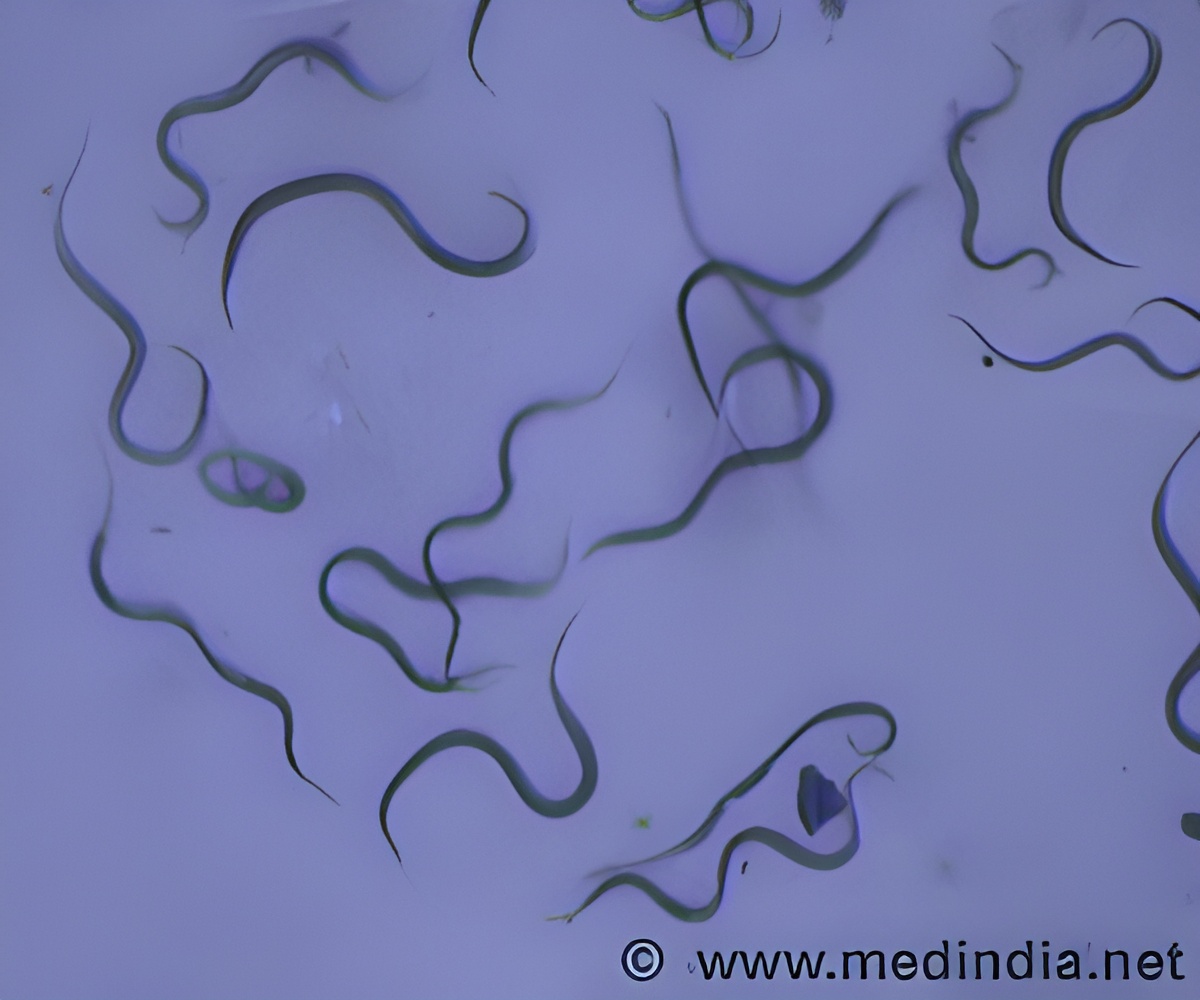The mechanism behind necroptosis, a type of cell death that leads to a number of diseases, has been determined by researchers at VIB and Ghent University.

Inflammatory reactions due to cell death Many diseases are associated with dying cells. That is why understanding the cell death process is essential for the search for new medications. Peter Vandenabeele has many years of expertise in researching cell death, including with 'necroptosis'. In this type of cell death the cell explodes, as it were, and the cell content is released. This causes inflammatory reactions in the surrounding tissue.
Prior research shows that necroptosis occurs with a number of diseases, including viral infections, septic shock, detached retina, loss of auditory nerve cells, multiple sclerosis, acute heart failure, stroke, kidney failure and organ transplant complications. It also occurs in the presence of bad blood circulation and oxygen deficiency in the extremities or organs such as with atherosclerosis or type II diabetes.
A new therapeutic strategy: counteracting pore formation Yves Dondelinger and Peter Vandenabeele discovered that the cellular explosion during necroptosis is paired with the formation of pores consisting of MLKL proteins. These MLKL pores are formed on the cell surface and cause the cells to absorb too much water. Because of this the cells ultimately explode. Detailed knowledge about how MLKL proteins create pores offers possibilities for developing medications for combatting or tolerating cell death by preventing or temporarily blocking this process.
Source-Eurekalert
 MEDINDIA
MEDINDIA



 Email
Email






